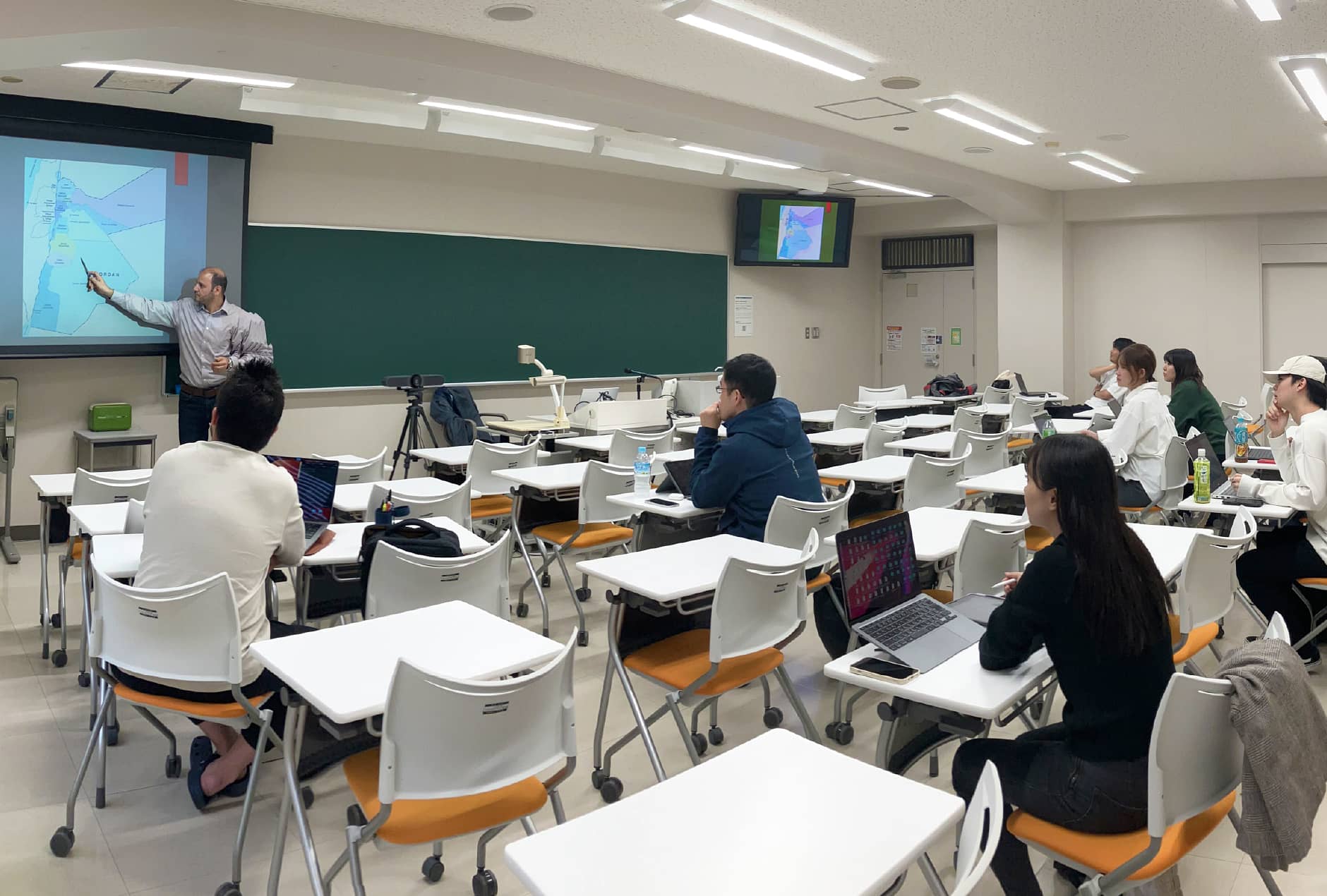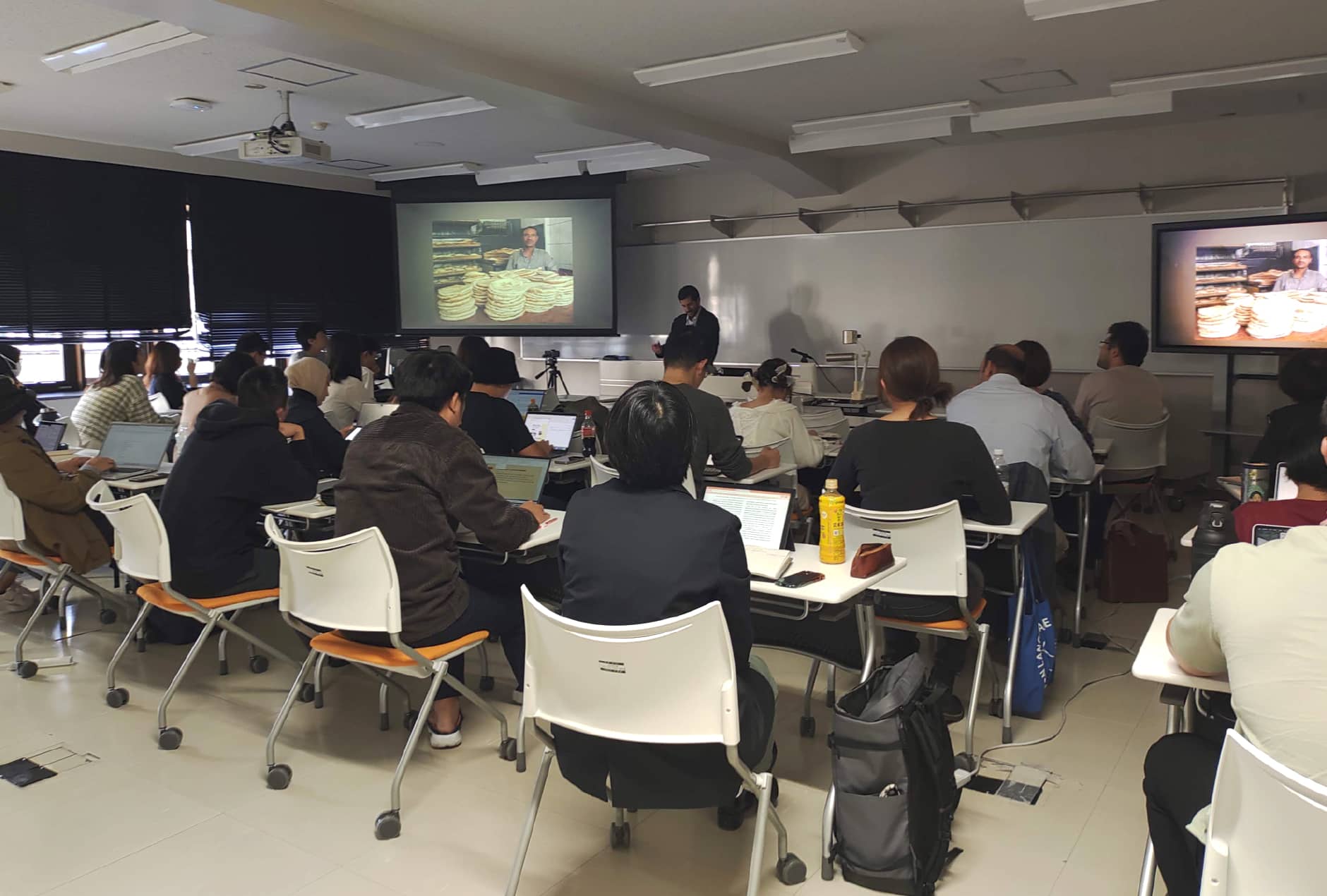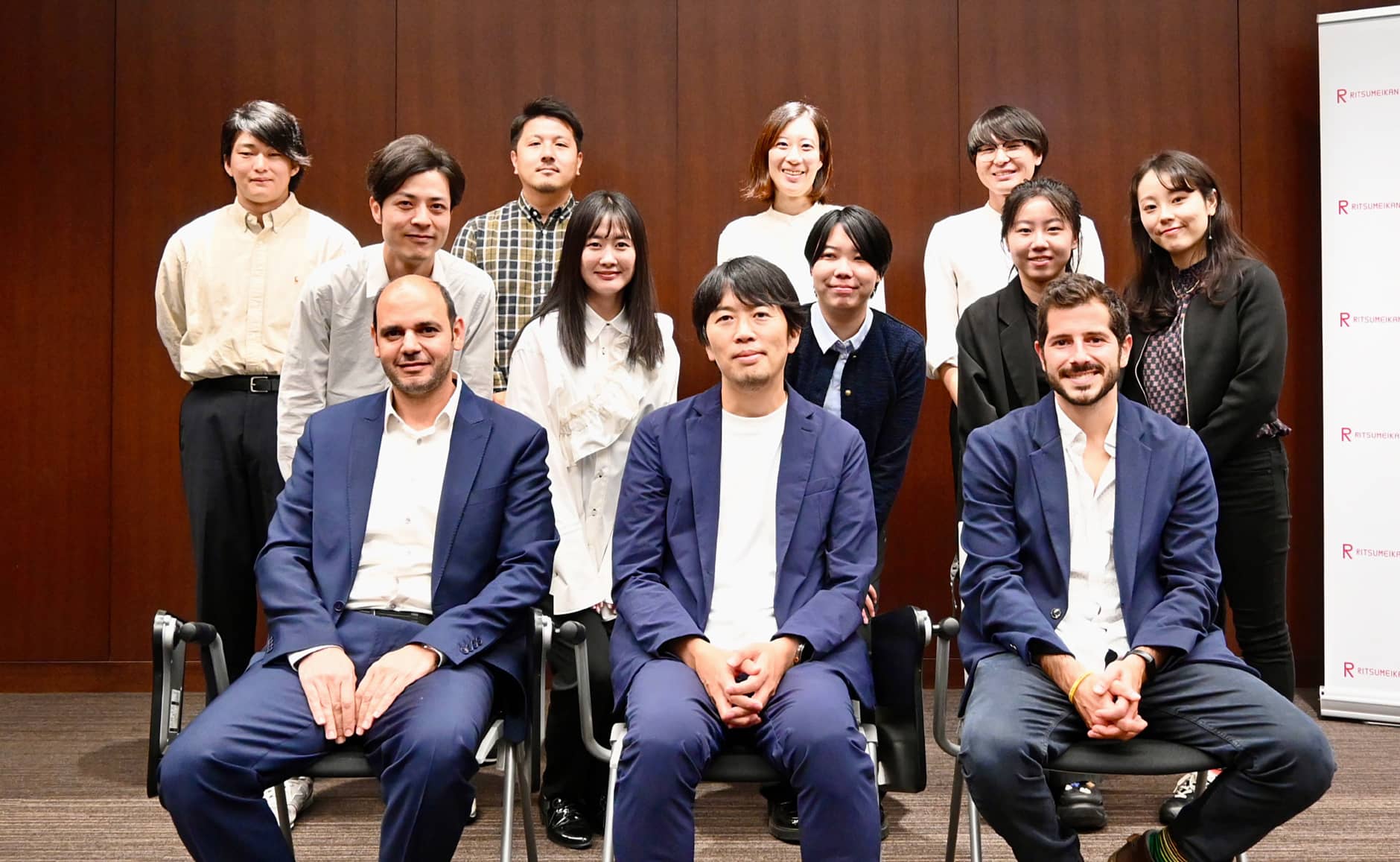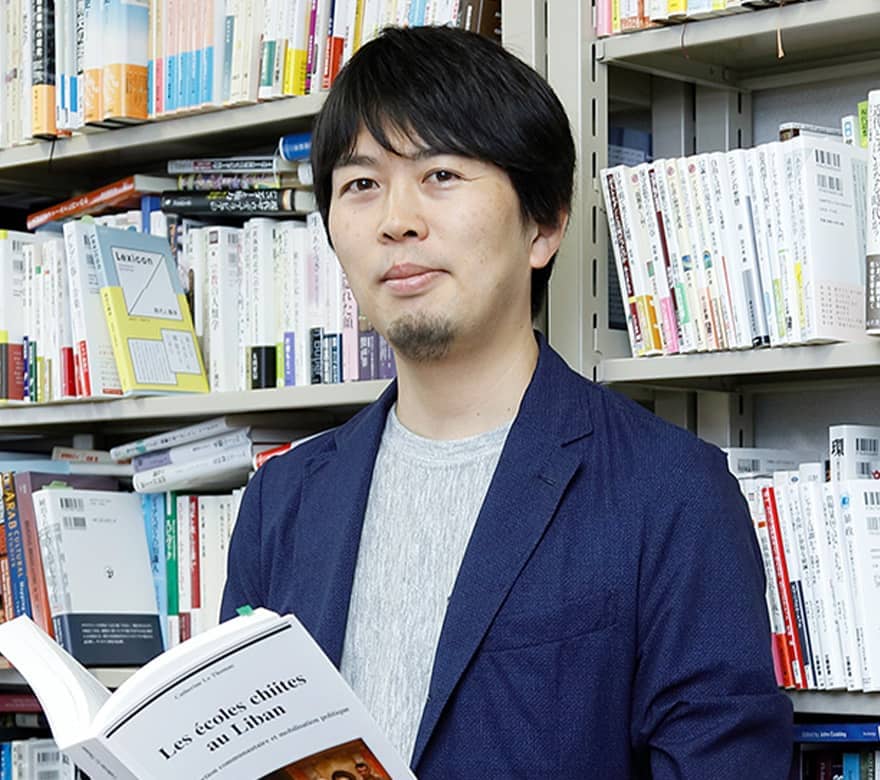Outline of collaborative research
This study explores social resilience in Jordan, particularly amid regional conflicts, a large influx of refugees, and the COVID-19 pandemic. It focuses on informal resource allocation rather than the traditional emphasis on the governing policies and strategies of the Jordanian monarchy. The research was a collaboration between Ritsumeikan University’s Center for Middle East and Islamic Studies (CMEIS) and the University of Jordan’s Center for Strategic Studies (CSS).
The study investigates the roles of three key actors in building social resilience: (1) religious organizations, including Islamic mosques and Christian churches, (2) tribal and clan networks that have developed historically, and (3) local and international NGOs. Through field surveys and a large-scale telephone survey conducted in late 2022, the research aimed to empirically assess the dynamics and the effects of these informal networks.
The findings, disseminated through reports and international academic conferences, confirmed the significance of these actors in Jordan’s social resilience. The general public has widely accepted the role of religious groups, tribal networks, and NGOs in overcoming crises. This international collaboration successfully met its goal of revealing the informal mechanisms that help Jordanian society cope with ongoing challenges. The results have also been submitted for publication in peer-reviewed journals.
Papers, etc.
Peer reviewed
- Takuro Kikkawa, “Japan’s Humanitarian Aid to Jordan and the Transformation of Aid Identities and Practices in New Security Challenges,” Prosperitas, pp.1-12, 2022.
- Kota Suechika, “Measuring ‘State-Diffusion’ in Post-Conflict Authoritarian Syria: Evidence from the 2021 Public Opinion Survey,” Mediterranean Politics, December 2023 (online first).
Conference presentations
- Kota Suechika, “Syrians’ Perception of the Post-Conflict Reconstruction under Assad’s Authoritarian Rules: A Quantitative Analysis of the 2021 Public Opinion Survey,” The BRISMES Annual Conference 2023, University of Exeter, Exeter, UK, July 3-5, 2023.
- Kota Suechika, “Reconsidering ‘State-Diffusion’ in Jordan: Evidence from a List Experiment Survey,” Middle East Studies Association (MESA), The 57th Annual Meeting, Montreal, CANADA, November 2-5, 2023.
- Fukiko Ikehata, “The process of making “Official Islam”: Rethink the Role of International Ulama Network,” The BRISMES Annual Conference, University of Exeter, Exeter, UK, July 3-5, 2023.
- Aoi Mochizuki, “Regaining Their Sense of Belonging and Livelihood: Syrian Refugees in Jordan and West Europe,” International Symposium: “Syrian Refugees in Their Calamities, Survival, and Future Lives: A Japan Roundtable,” Ritsumeikan University, Kyoto, JAPAN, June 23, 2022.
- Takuro Kikkawa, “Structures and Networks of Political Corruption in Jordan: Privatisation, New Elite Networks and Constitutional Reform as Corruption-enhancing Factors,”The 25th Annual Mediterranean Studies Association International Congress, Masaryk University, Brno, CZECH REPUBLIC, May 31-June 3, 2023.
Symposia, seminars, etc.
- The Japan-Jordan International Research Workshop “Everyday Life and Social Dynamics in the Middle East: Towards a New Analytical Perspective,” CMEIS, Ritsumeikan University & CSS, University of Jordan, August 21, 2023 (online).
- The CMEIS-CSS Joint International Workshop “Exploring Social Resilience of Jordan: Formal and Informal Resource Allocations,” October 14, 2023, Ritsumeikan University.
- José Ciro Martínez (Lecturer, Department of Politics, University of York, UK)
Book Talk: States of Subsistence: The Politics of Bread in Contemporary Jordan (Stanford University Press, April 2022, 368 pages), Ritsumeikan University, October 12, 2023. - Walid Alkhatib (Professor, Director, Center for Strategic Studies, University of Jordan)
CMEIS Lecture Series 3: “Government Performance and Political Reform in Jordan-internal and regional changes,” Ritsumeikan University, October 9, 2023. - Seyed Ali Alavi (Lecturer, SOAS, University of London, UK)
Research Exchange: “Iran and the International North-South Transport Corridor in the Turmoil of Eurasian Security Landscape,” Ritsumeikan University, December 21, 2023.


Future prospects/aspiration
Societies in some Middle Eastern countries remain fragile and some have been destabilised by conflict spillover that began in the Gaza Strip. In the context of these ongoing crises, informal resource allocation, along with the governments’ formal policies, seems to be becoming even more important for social resilience and people’s livelihoods in general. In future research, we would like to explore further the dynamics and mechanisms that facilitate such informal resource allocation across borders in Middle Eastern countries through fieldwork and survey experiments.

